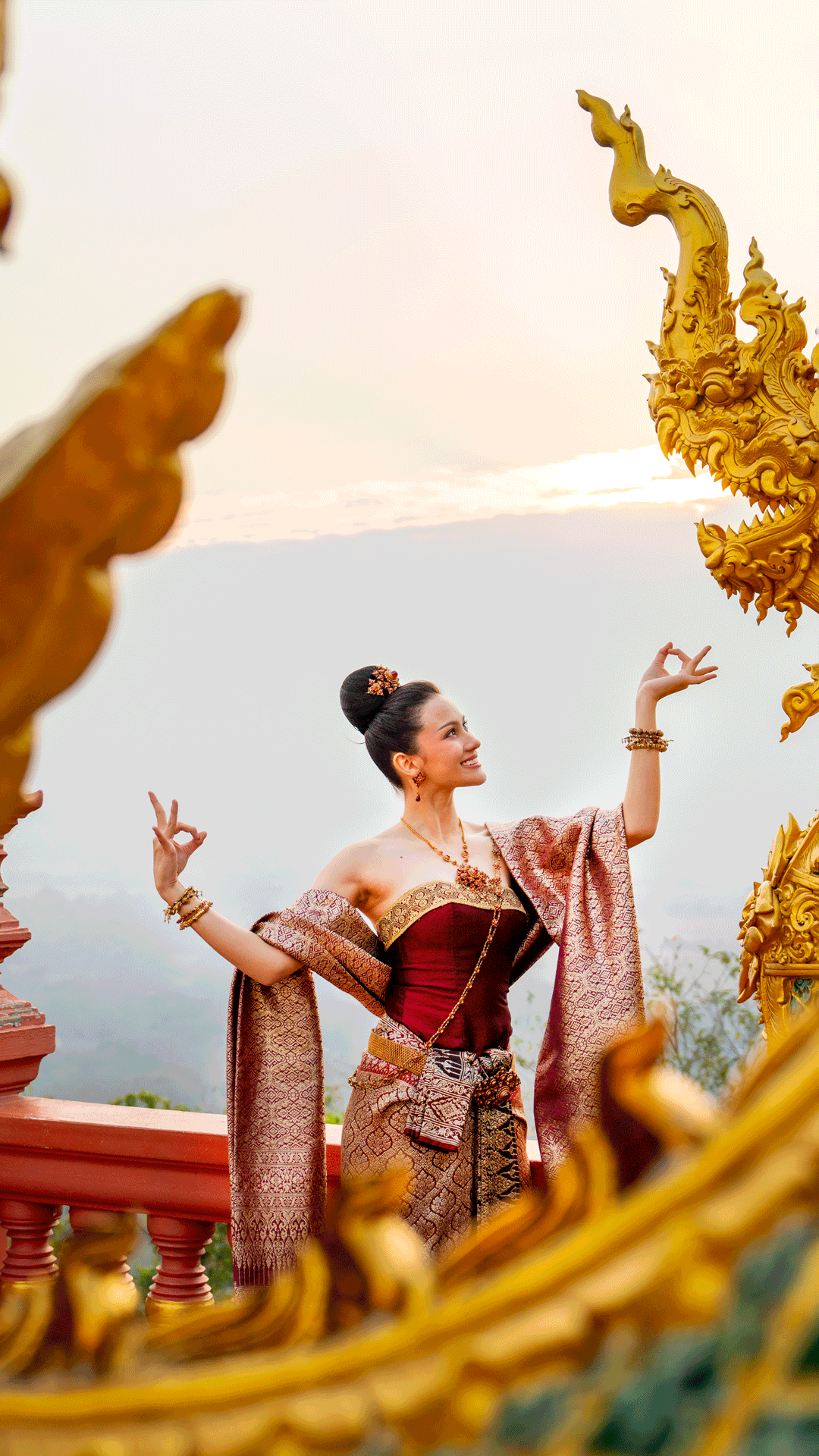Thailand is known worldwide for its hospitality, spirituality, and deep connection to well-being. Within this ancient culture, traditional massage plays a central role. To understand Thai culture and traditional massage is to discover a way of life that seeks balance between body, mind, and spirit.
A tradition beyond the physical
Thai massage is not just a relaxation technique; it is a spiritual practice. It is based on the principles of traditional Thai medicine, influenced by Buddhism and respect for the vital energy that flows through the body.
In Thai culture, well-being is not seen as something superficial. It is understood as a holistic state where physical, emotional, and spiritual care are deeply interconnected.
The origins of Thai massage
It is said that Thai massage was created more than 2,500 years ago by Jivaka Kumar Bhaccha, a physician and contemporary of Buddha. Since then, it has evolved and been passed down from generation to generation as an essential part of personal and community care.
In Thailand, Buddhist temples have been places where this technique was taught and practiced for centuries, combining stretches, pressure points, and energy work along the body’s pathways, called “sen.”
A massage that reflects the Thai way of life
Thai culture and traditional massage share core values such as respect, harmony, and serenity. The slow pace of the massage, the care behind each movement, and the practice of mindfulness reflect the Thai philosophy of life: living the present moment with calm and gratitude.
Receiving a massage in Thailand is not only a therapeutic act but also a social and spiritual one. It is common to see families, friends, or communities sharing these moments of mutual care.
Thai massage: a world cultural heritage
In 2019, traditional Thai massage (Nuad Thai) was recognized as Intangible Cultural Heritage of Humanity by UNESCO, acknowledging its cultural importance and contribution to global well-being.
Today, this tradition remains alive and continues to adapt to modern times while preserving its essence: offering balance, health, and inner peace.
A heritage that invites us to take care of ourselves
Exploring Thai culture and traditional massage means discovering a different way of understanding wellness: deeper, more mindful, and more connected to the human being as a whole.
Taking care of yourself is not just about relieving tension; it’s about honoring your body and mind and living in harmony with your surroundings.

